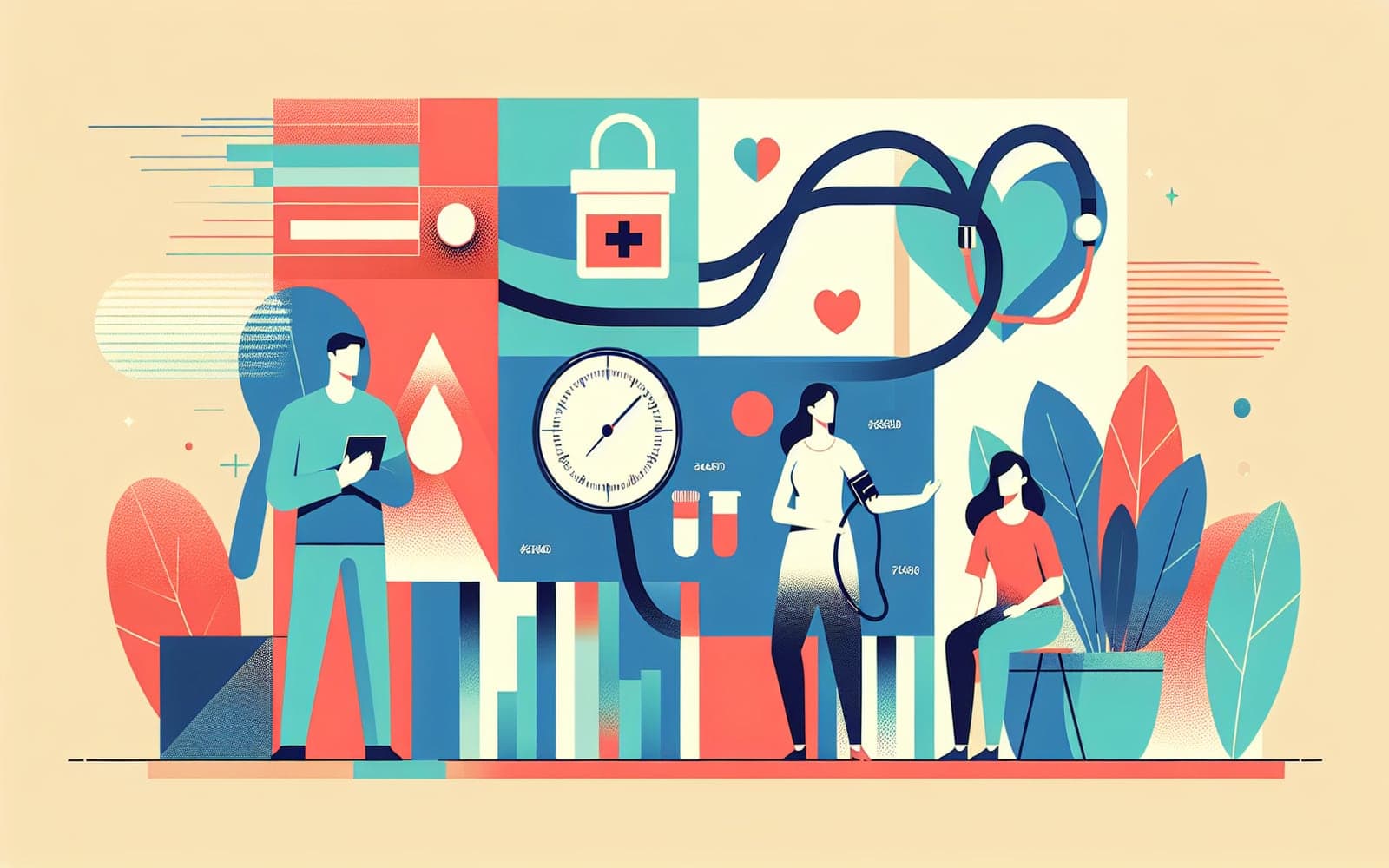A Step-by-Step Guide: How to Safely Taper Your Blood Pressure Medications
Published: Jul 28, 2024
Thinking about reducing your blood pressure medications? It's a process that requires careful planning and medical supervision. Here's a step-by-step guide to doing it safely.
Contents
Step 1: Determine If You're a Good Candidate
Not everyone should attempt to reduce their blood pressure medications. Good candidates typically have had well-controlled blood pressure for at least a year, are younger, started with lower initial blood pressure, and don't have organ damage from hypertension. If you're experiencing medication side effects, you might also be considered regardless of your history. Always consult with your doctor to determine if you're a suitable candidate.
Step 2: Create a Tapering Plan
Work with your doctor to create a personalized tapering plan. If you're on a single medication, you'll typically start by halving your dose or taking it every other day. For those on multiple medications, you'll usually reduce one drug at a time. The tapering schedule should be gradual, often making changes every 5-7 days or with each monthly refill. Your doctor will consider your specific medications, as some require extra caution when tapering.

Step 3: Monitor Your Blood Pressure Closely
Regular blood pressure monitoring is crucial during the tapering process. You'll need to check your blood pressure at home daily or visit your doctor's office frequently (every 2-4 weeks). Keep a log of your readings to share with your doctor. If your blood pressure starts to rise, your doctor may need to adjust the tapering plan or resume your previous medication dose.
Step 4: Watch for Warning Signs
Be alert for any signs that your blood pressure is rising or that you're experiencing withdrawal effects. Symptoms might include headaches, dizziness, chest pain, or a rapid heart rate. Some medications, like clonidine and beta blockers, can cause dangerous withdrawal syndromes if stopped too quickly. If you experience any concerning symptoms, contact your doctor immediately.
Frequently Asked Questions
It can take several weeks to months, depending on your situation.
Your doctor will likely have you resume your previous medication dose.
No, abrupt stopping can be dangerous, especially with certain medications.
Yes, maintaining a healthy diet and exercise routine is crucial for success.
About 25% of patients remain off blood pressure meds two years after tapering.
Key Takeaways
Tapering blood pressure medications is a gradual process that requires close medical supervision and careful monitoring.
References
- Schmieder RE, et al. Antihypertensive therapy. To stop or not to stop? JAMA 1991; 265:1566.
- van der Wardt V, et al. Withdrawal of antihypertensive medication: a systematic review. J Hypertens 2017; 35:1742.
- Sheppard JP, et al. Effect of Antihypertensive Medication Reduction vs Usual Care on Short-term Blood Pressure Control in Patients With Hypertension Aged 80 Years and Older: The OPTIMISE Randomized Clinical Trial. JAMA 2020; 323:2039.
This article has been reviewed for accuracy by one of the licensed medical doctors working for Doctronic. Always discuss health information with your healthcare provider.
AI Doctor Visit Required
Appointments available 24/7
15-min consultation. No hidden costs.
AI Doctor Visit Required
For safety reasons we have been forced to end this consultation.
If you believe this is a medical emergency please call 911 or your local emergency services immediately.
If you are experiencing emotional distress, please call the the Suicide & Crisis Lifeline at 988 or your local crisis services immediately.
Contact us
You can also email us at help@doctronic.ai
We aim to reply within 5-7 days
How likely are you to recommend Doctronic to friends or family?


